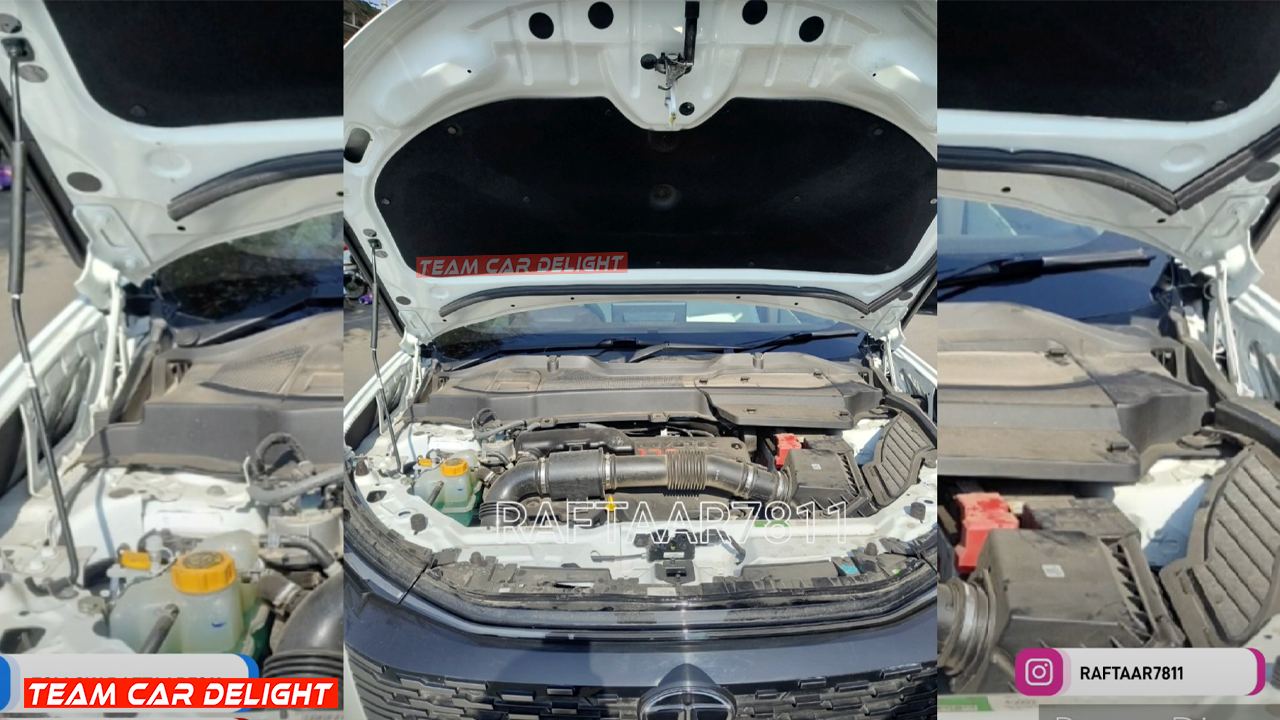
In a concerning development, a recent owner of the new Tata Safari facelift has encountered a series of unexpected errors, as reported by Raftaar 7811 on YouTube. Despite Tata Motors’ release of updated versions of the Harrier and Safari, which boast impressive designs, advanced technology, and convenience features, this incident highlights an unfortunate setback.
Tata Safari System Failure: What Happened?
For latest Car Discounts, Offers, News, Updates, and More, Join Our Whatsapp Group!
According to the video, the owner shared footage displaying numerous malfunctions appearing on the digital instrument cluster. These errors include Auto Hold (Contact Service Center), FCW-AED Warning (System Failure), Lane Departure Warning (System Failure), High Beam Assist (System Failure), Traffic Sign Warning (System Failure), Traction Control (System Fault), Electronic Stability System (ESP Fault), Drive Mode Malfunction (Drive Control System Fault), Hill Ascent and Descent Control (Malfunction Detected), and Diesel Exhaust Fluid (DEF Level & Quality).
Remarkably, these issues have emerged despite the vehicle having been driven for only 2,600 km, signifying a relatively new vehicle. The owner expresses disappointment and frustration over facing such troubles in a vehicle that carries a price tag exceeding Rs 30 lakh on-road. Notably, the new Tata Safari facelift is priced between Rs 16.19 lakh and Rs 27.34 lakh ex-showroom, translating to an on-road price surpassing Rs 30 lakh. Such a substantial investment would understandably warrant peace of mind for any car owner, rather than concerns over their vehicle’s reliability.
Possible Reasons for Tata Safari System Failure!
- Software Glitches: The malfunctions could be due to software bugs or glitches within the vehicle’s electronic control systems. Such issues might arise from errors in coding or compatibility issues between different software modules.
- Sensor Malfunction: The warnings related to features like Auto Hold, FCW-AED, Lane Departure Warning, High Beam Assist, Traffic Sign Warning, Traction Control, Electronic Stability System, and Hill Ascent and Descent Control suggest potential sensor malfunctions. Faulty sensors may fail to accurately detect road conditions, traffic signs, lane markings, or other vehicles, leading to system failures.
- Electrical Issues: Problems with the vehicle’s electrical system, such as faulty wiring, connectors, or power supply issues, could also result in system failures. These issues may disrupt the communication between various components or prevent them from functioning properly.
- Component Failure: Individual components within the vehicle’s electronic control systems, such as control modules, actuators, or sensors, may experience hardware failures due to manufacturing defects, wear and tear, or environmental factors.
- Calibration Errors: The Drive Mode Malfunction warning indicates a potential issue with the calibration or operation of the vehicle’s drive control system. Incorrect calibration settings or calibration errors could lead to performance issues or system failures.
- Diesel Exhaust Fluid (DEF) System: The warning related to DEF level and quality suggests a problem with the vehicle’s emissions control system. Issues with DEF sensors, pumps, or fluid quality could trigger warning messages and affect the vehicle’s performance.
In summary, the system failures could be attributed to a range of factors, including software glitches, sensor malfunctions, electrical issues, component failures, calibration errors, or problems with the DEF system. Diagnosing and resolving these issues would likely require thorough testing, troubleshooting, and potentially, software updates or component replacements by qualified technicians.
For latest Car Discounts, Offers, News, Updates, and More, Join Our Whatsapp Group!

